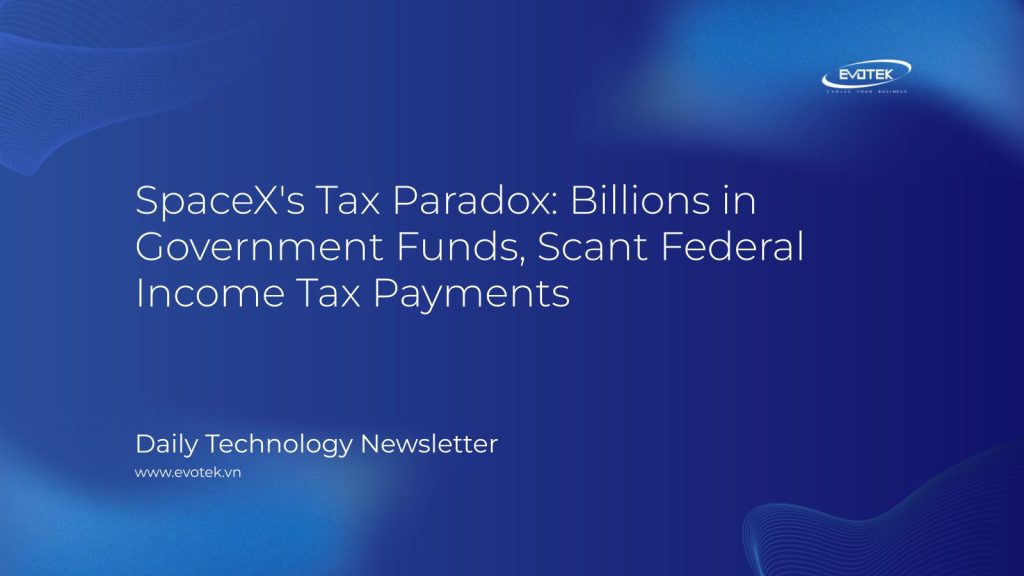Elon Musk’s groundbreaking aerospace company, SpaceX, has garnered billions of dollars in federal contracts over its more than two-decade operational history. However, internal company documents recently reviewed reveal a striking financial reality: SpaceX has likely paid little to no federal income taxes since its inception in 2002, and has even indicated to investors that it may continue to avoid such payments indefinitely.
The financial dealings of the privately held rocket manufacturer have largely remained confidential. Yet, the newly surfaced documents shed light on a key legal tax advantage leveraged by SpaceX. This benefit permits the company to offset future taxable income using the substantial losses it accumulated, which reportedly exceeded $5 billion by late 2021.
Key Tax Benefits and Policy Shifts
A pivotal change occurred in 2017 during the Trump administration, when a tax reform eliminated the expiration date for this specific tax benefit across all corporations. For SpaceX, this modification means that nearly $3 billion of its recorded losses can now be applied indefinitely against any future taxable income, providing a perpetual shield against federal tax obligations.
Taxation experts consulted on the matter emphasized the significant and unusual nature of a company avoiding taxes on $5 billion in potential taxable income, particularly one so deeply intertwined with U.S. government contracts. SpaceX plays a critical role in national security through its collaborations with entities like the Pentagon, NASA, and other federal agencies. In fact, internal documents indicate that federal contracts accounted for nearly 84 percent of SpaceX’s revenue in 2020 – a figure not previously disclosed.
Contrasting Financial Pictures
This situation contrasts sharply with the tax contributions of other major technology firms. Many large tech companies, some of which also utilize similar tax benefits, routinely pay billions in federal income taxes. For instance, Microsoft reported an expected federal income tax payment of $14.1 billion in its most recent fiscal year.
Intriguingly, SpaceX’s ability to utilize this tax benefit persists even as its core business operations thrive. The company privately informed some stakeholders that it achieved approximately $5 billion in earnings from its core operations last year, a notable increase from $2.6 billion in 2023. This demonstrates a unique financial position where significant profitability does not necessarily translate into federal income tax liabilities, thanks to the available tax offsets.

 日本語
日本語 한국어
한국어 Tiếng Việt
Tiếng Việt 简体中文
简体中文